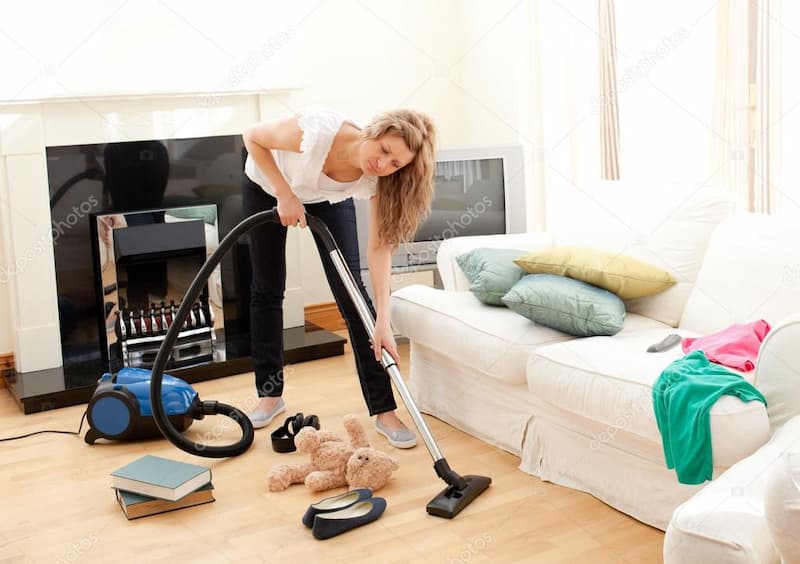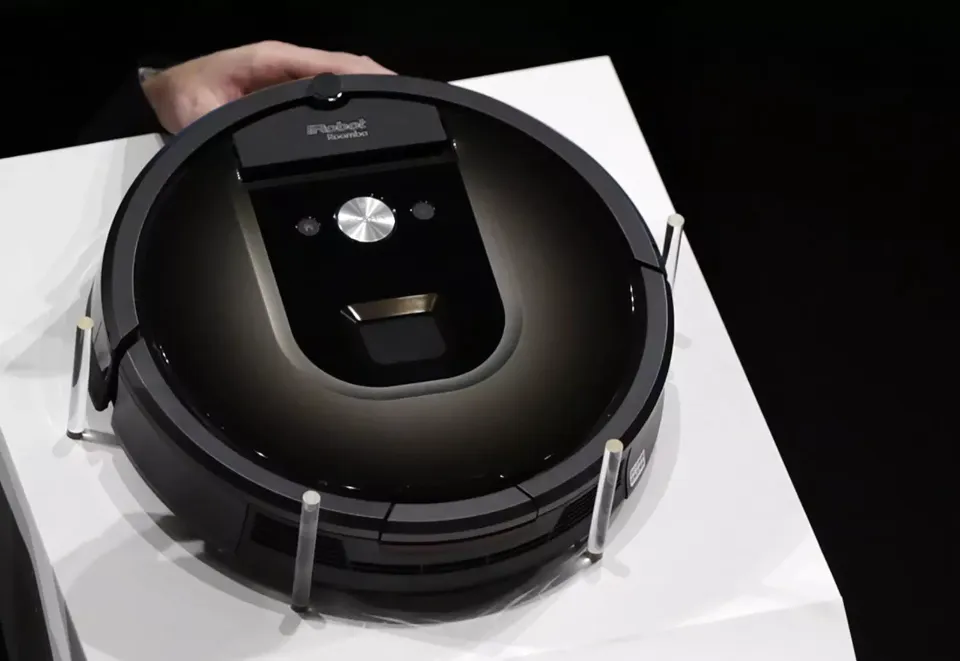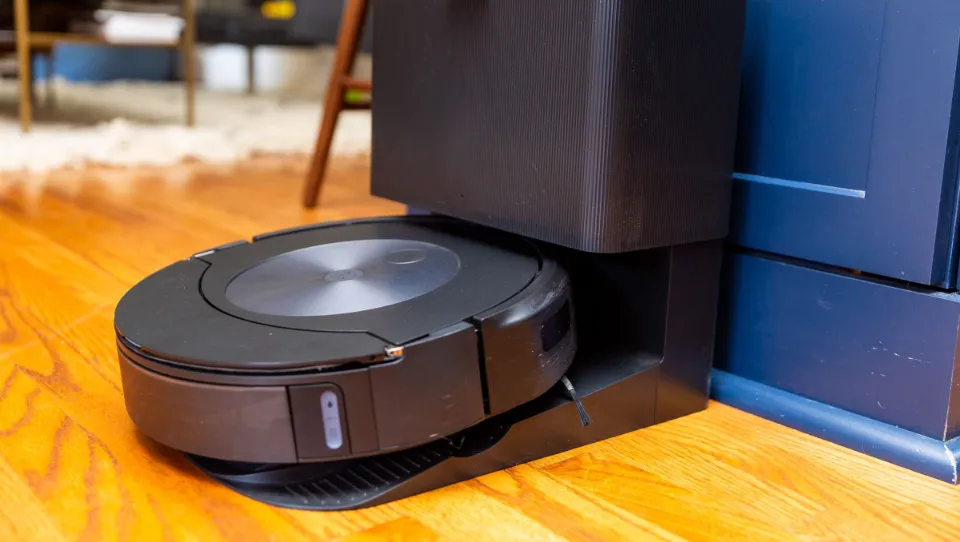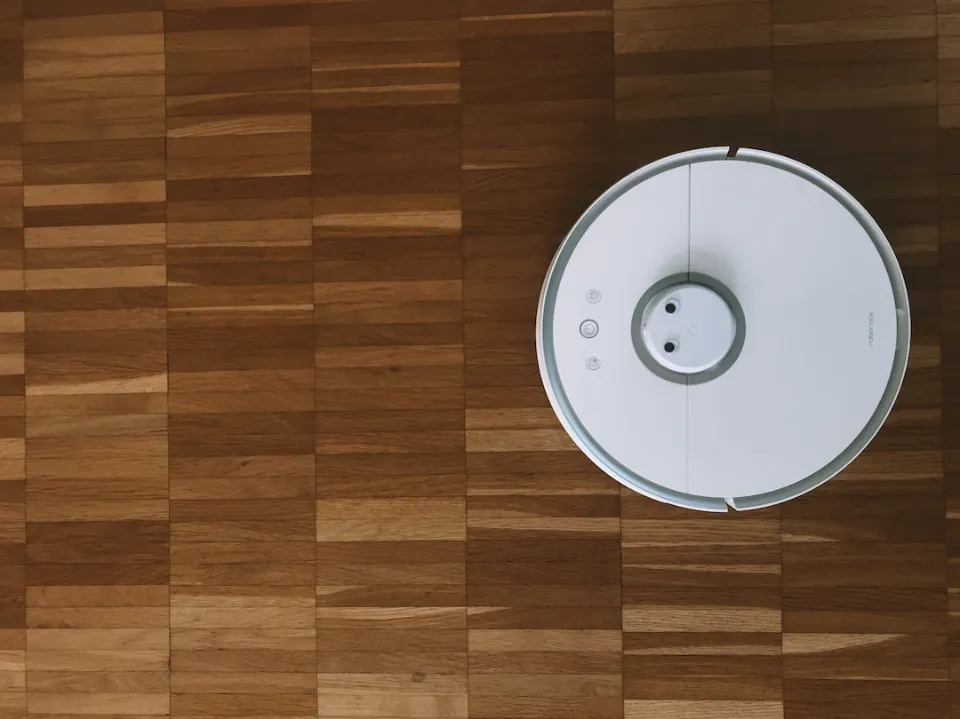When it comes to cleanliness, every household has its own standards. How often should you vacuum? Well, while there’s no one-size-fits-all answer, your lifestyle can give you clues about the best vacuuming schedule. A little clutter and a few specks of dust don’t matter to some people, while others can’t fall asleep until everything is in order. The ideal frequency depends on the number of pets in the house, whether you usually wear shoes at home and the type of floor you have.
In this article, we will discuss how often we need to vacuum in different situations.
Why Should You Vacuum?
To improve health:
It may come as a surprise to many, but vacuuming can improve health. When you vacuum, you are taking care of everyone in your family. There are tiny microbes and bacteria floating in the air in your home. If tiny mites, mold, and bacteria grow in your home, they can cause disease and allergies. If you dust the floor, you can help people who are having trouble breathing. If you don’t want to spend time vacuuming, you can clean the floor with soap and water every day. For most people, it doesn’t seem easy.
Keep your home clean:
Vacuuming has many benefits. This is one of the most effective ways to quickly clean your home. No matter what type of floor you have, it’s going to be covered in dirt and grime. Keep your home clean by vacuuming regularly. A vacuum cleaner will remove dirt and dust deep from floors or upholstery. The latest models can even remove heavy debris from the grooves of hardwood floors. A vacuum cleaner is a quick and easy way to clean the dirtiest places in your home. They are portable and easier to use than in the past. You only have to run through an area and all the tiny bits of dust and grime disappear in seconds.
Improve air quality:
A good vacuum is usually equipped with an air filter that improves air quality during cleaning. When you vacuum quickly, your home will also be refreshed, without any dirt on the floors. Vacuum cleaners equipped with HEPA filters can help improve indoor air quality in all areas, especially for those with allergies
How Often Should You Vacuum?
Vacuuming frequency depends largely on the number of people in your household, your job, and the type and number of pets. Regular vacuuming helps prevent dust and grit from entering carpet fibers and also helps keep the wool straight. However, the basic rule of thumb is that carpeted floors and carpets should be vacuumed at least twice a week, and hard-faced floors such as tile, hardwood, laminate, and vinyl should be vacuumed at least once a week.
If you have furry pets, all carpets and floors should be vacuumed daily to collect dander, dust, and grime. Heavily trafficked rooms such as entrances, living areas, and kitchens may require more frequent vacuuming; Guest rooms or formal dining rooms can be cleaned once a week.
How Ofen Should You Vacuum Carpet?
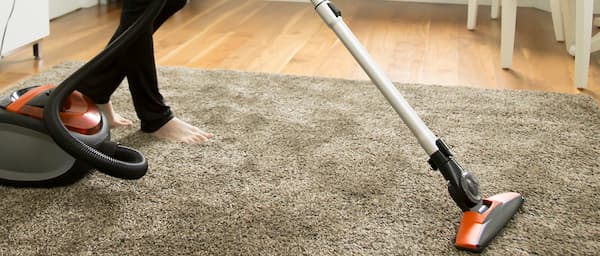
Carpet floors require more frequent vacuuming than other types of flooring. This is because the carpet’s fibrous structure can hold and trap dust, bacteria, and allergens that accumulate on the hardwood. Don’t try to postpone tasks. Waiting to remove debris can cause debris to become more entrenched in the carpet.
A standing vacuum is ideal for cleaning carpets, but you can use any vacuum with a carpet setup. If you have multiple options, make sure you select the option that best suits your carpet pile
For perfect results, use one of the best carpet cleaners to remove stains and grime from under the surface. Some have transparent compartments where you can watch the water change from dirty to muddy. Cool, if a little gross. However, if such equipment is not within your budget, a topical cleaning of the carpet with the best upholstery cleaner is also a viable option to prevent accidental wine and juice spills.
It’s easy to forget about the stair slides, but don’t overlook them. From parents running the house (or working outside the home) to teens entering the house after a long day of studying or playing sports, this area can harbor bacteria and grime inside and out
Oh, and don’t forget the carpet that adorns the exterior space. Just because your best outdoor carpet might get “washed” by rain, it will still get soiled by bird droppings and other organic materials.
How Often Should You Vacuum Hardwood Floors?
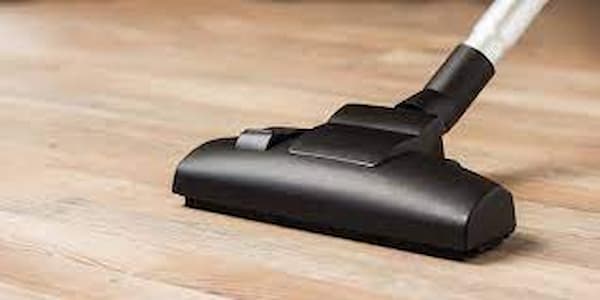
If you’re wondering how to clean hardwood floors, the good news is they’re incredibly easy to maintain. Hardwood, tile, and other synthetic wood surfaces or laminates should be vacuumed at least once a week with a vacuum cleaner specifically designed for hard floors. (If you have a multipurpose vacuum, be sure to adjust the settings correctly, as using carpet Settings can scratch the wood floor.
Vacuum cleaners are ideal for laminate floors, and while stylish and low maintenance, they are not waterproof. Therefore, only wet cloth can be used to deal with dirt and spills. If your laminate floor is located in a high-traffic area and accumulates dust, vacuum it every day
Cleaning and maintaining vinyl flooring is relatively trouble-free. Loose debris, dust, and dirt can be removed with a soft brush or a light vacuum cleaner. Do not push, pull or drag heavy objects on vinyl flooring as this may mark, scratch, and damage the surface. Use a vacuum or sweeper regularly to keep the vinyl free of dirt, but be careful not to let all sharp objects touch the vinyl surface.
In addition to laminate flooring, you’ll want to wet the floor with one of the best mops every week or two. If your home is littered with muddy PAWS or dirty sneakers, think twice. Even better, the line P11 vacuum is a versatile mop and vacuum cleaner that kills two birds with one stone.
Most importantly, if your floor doesn’t look dirty or dirty, don’t try to skip the weekly vacuuming. Allergens and dust gather whether you can see them or not.
How Often Should You Vacuum Carpet?
Keeping area carpets clean also helps protect the floors below. For smaller rugs, shake them well outside, vacuum the floor below, replace the carpet, and vacuum.
Whether you use your best living room carpet to add a soft, comfortable, and warm touch to your toys, or pop up entrance chutes near hallway entrances to reduce the amount of debris you walk into your home, these floors create a fair amount of traffic. Carpets can be stretchy, but they also need to be handled with care.
As a rule, carpets should be vacuumed at least twice a week.
Vacuuming frequently throughout the day, shake off dirt and dust from the surface of the carpet, and vacuum it. Suction vacuums are preferable to rotary brushes or vertical vacuums, which can sometimes damage plush surfaces and wear carpet edges.
Use a nozzle attachment to gently vacuum the carpet to remove any surface dust and loose yarn. There are some antibacterial powders that can be sprinkled on the carpet to remove bacteria but always test on a small patch first.
Don’t forget the underside of the carpet — vacuum the back of the carpet once a month to remove residual dust, dirt, allergens, and bacteria. In general, when it comes to cleaning carpets of all types, little and often is the key to keeping them fresh and dust-free. In fact, it’s safe to say that if the carpet isn’t cleaned, it could be more than just carpet bugs. Vacuuming alone will not remove dust mites from carpets, which can trigger allergic reactions such as asthma and eczema
Depending on the location of the carpet, it’s also worth considering the frequency of deeper cleaning. Daily floor coverings affected by outdoor shoes, spills, and pets need to be cleaned at least every two months, ideally; For carpets in other areas, deep cleaning is recommended at least twice a year.
Vacuum Cleaner for Allergies and Asthma
According to the Asthma and Allergy Foundation of America, if you have allergies or asthma, you’ll want to use a vacuum cleaner with a HEPA filter at least once a week.
These vacuum cleaners are specially designed to capture even the smallest allergens on carpets. Your vacuum cleaner can also help stop bedbugs — allergies or not — that no one wants. So knowing how to clean mattresses effectively can eradicate these pests.
How Often Should Pet Owners Vacuum?
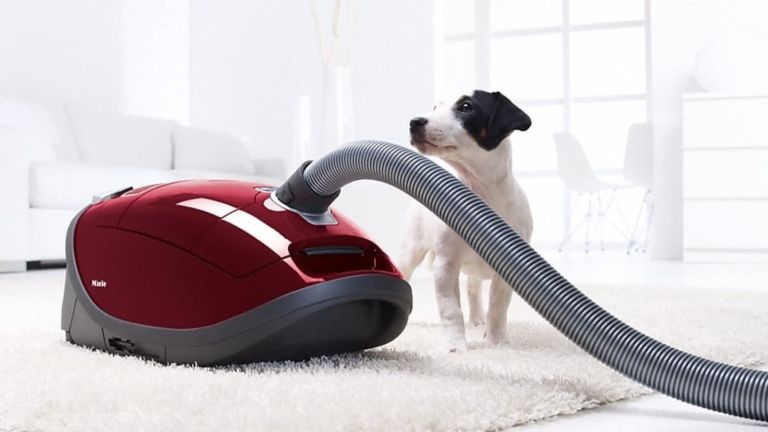
If you have a dog or cat living with you, you need to clean a floor or two more often. Ideally, you should vacuum every day.
This applies to animals with and without depilation. Pets that go out don’t have the option of taking off their shoes, so they can bring germs indoors. Plus, furry friends can leave your hair and dander all over the floor. Even residents who don’t have pet allergies can have allergic reactions. Not to mention, it’s totally disgusting.
Vacuuming regularly is also a good way to prevent dog smells. Consider investing in the best pet hair vacuum or automatic vacuum that does some of the work for you. It’s also wise to invest in a carpet cleaner or hire a professional steam cleaning service every year.
And (especially if you have a small dog or an excited dog), you may have to deal with an accident or two. So knowing how to properly clean urine (including cleaning with baking soda) will help reduce the pungent ammonia-like smell in your home.
Tips for More Efficient Vacuuming
- Although area carpets should be vacuumed twice a week, don’t forget to remove them once a week and vacuum the floor underneath. You should also occasionally turn the carpet over and vacuum the back of it using the upholstered attachment of a vacuum cleaner.
- Clean your vacuum cleaner regularly to its full capacity. If you have a multi-story house.
- If possible, keep a vacuum on each floor. This will encourage more frequent cleaning.
- Choose the best type of vacuum cleaner for most floors in your home. Carbon tank vacuums are generally more effective at collecting hard surface soil, while carpets and carpets are best cleaned with attachments or vertical vacuums (with mixing rods) to loosen the soil.
- Take advantage of all the features that vacuum cleaners offer. Adjust the height of the vacuum head on the vertical vacuum cleaner to match the floor type. This will give you better suction and more soil. Engage or separate the stirring rod according to the type of floor surface. Leaving the beating rod engaged while cleaning hard surface floors can cause dents and scratches.
- Slowly vacuumize to collect more soil. Move the vacuum cleaner a few feet in front of you, then follow the same path and pull it towards you. Overlap paths when moving to a new area of the floor. Practice in one direction of the room (east to west), then repeat at a 90-degree Angle (north to south).
- Choose a vacuum cleaner with a high-efficiency particulate air (HEPA) filter to collect as much dust, dander, spores, and bacteria as possible. Hepa filters collect more particles than conventional vacuum cleaners, preventing them from resettling on floors and other surfaces, such as upholstery.
- If your vacuum cleaner breaks down, sweeping and dusting hard ground and cleaning carpets and rugs by beating, scrubbing, or using a carpet cleaner will protect them until you can use the vacuum again.
Conclusion
In conclusion, an important goal to keep in mind is to clean carpets as often as possible.
As soon as you observe unsightly stains and grime, you should immediately start vacuuming to make sure your living space is safe.
